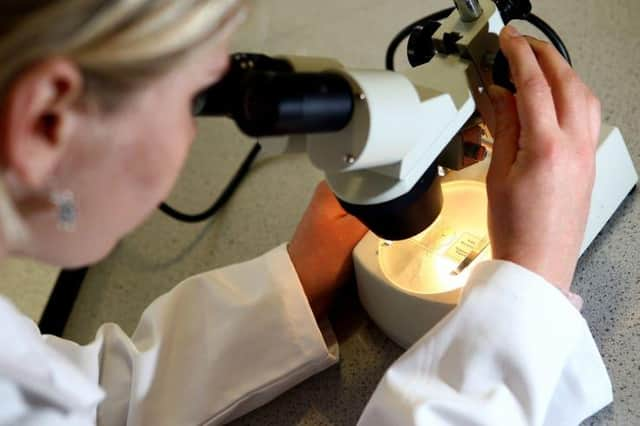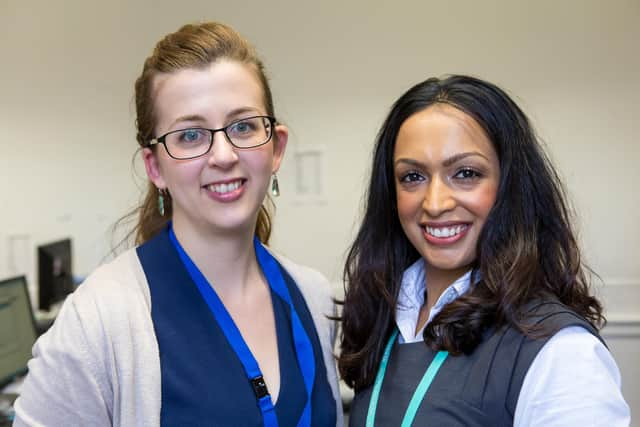South Tyneside to pioneer cancer test trial


South Tyneside, along with Northumberland, has been selected to take part in the world’s largest trial of a revolutionary new blood test that can detect more than 50 types of cancer before symptoms appear.
People aged between 50 and 77 will, over the next few days, receive a letter from the NHS inviting them to take part in the trial.
Advertisement
Hide AdAdvertisement
Hide AdParticipants must not have had a cancer diagnosis or treatment in the last three years and have no concerning symptoms.


The trial will involve giving a small blood sample at mobile clinics that will visit South Tyneside in May and participants will be invited back after 12 months, and again at two years, to give further blood samples.
The potentially lifesaving ‘Galleri’ test checks for the signs of cancer in the blood and aims to recruit 140,000 volunteers nationally.
Dr Jen Hunter, clinical director for cancer and primary care NHS South Tyneside Clinical Commissioning Group, said: "The Galleri trial is an exciting project that will hopefully help to detect more cases of cancer at an earlier stage, therefore increasing the likelihood of lives being saved.
Advertisement
Hide AdAdvertisement
Hide Ad"We're pleased that the trial is now coming to South Tyneside, and would encourage everyone to look out for their letter from the NHS inviting them to take part."
Dr Hassan Tahir, primary care lead on the GRAIL project for the Northern Cancer Alliance, said most people were now aware of the benefits of finding cancer earlier when it is easier to treat.
He said: “By taking part in this trial, people in South Tyneside will be at the forefront of developing a test that has the potential to save lives from cancer in England and around the world.
“If you receive a letter do please consider being part of the trial.”
Advertisement
Hide AdAdvertisement
Hide AdPatients whose condition is diagnosed at ‘stage one’ cancer typically have between five and 10 times the chance of surviving compared with those found at ‘stage four’.
Initial results of the study are expected next year and, if successful, NHS England plans to extend the rollout to a further one million people in 2024 and 2025.